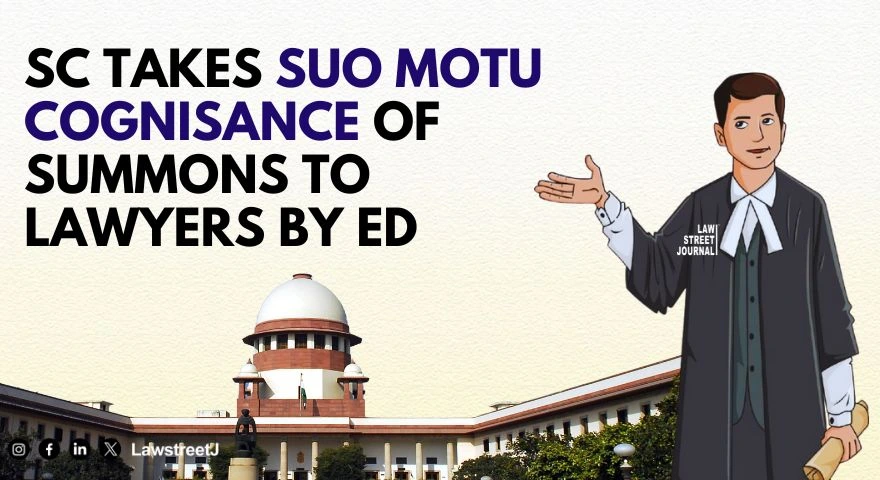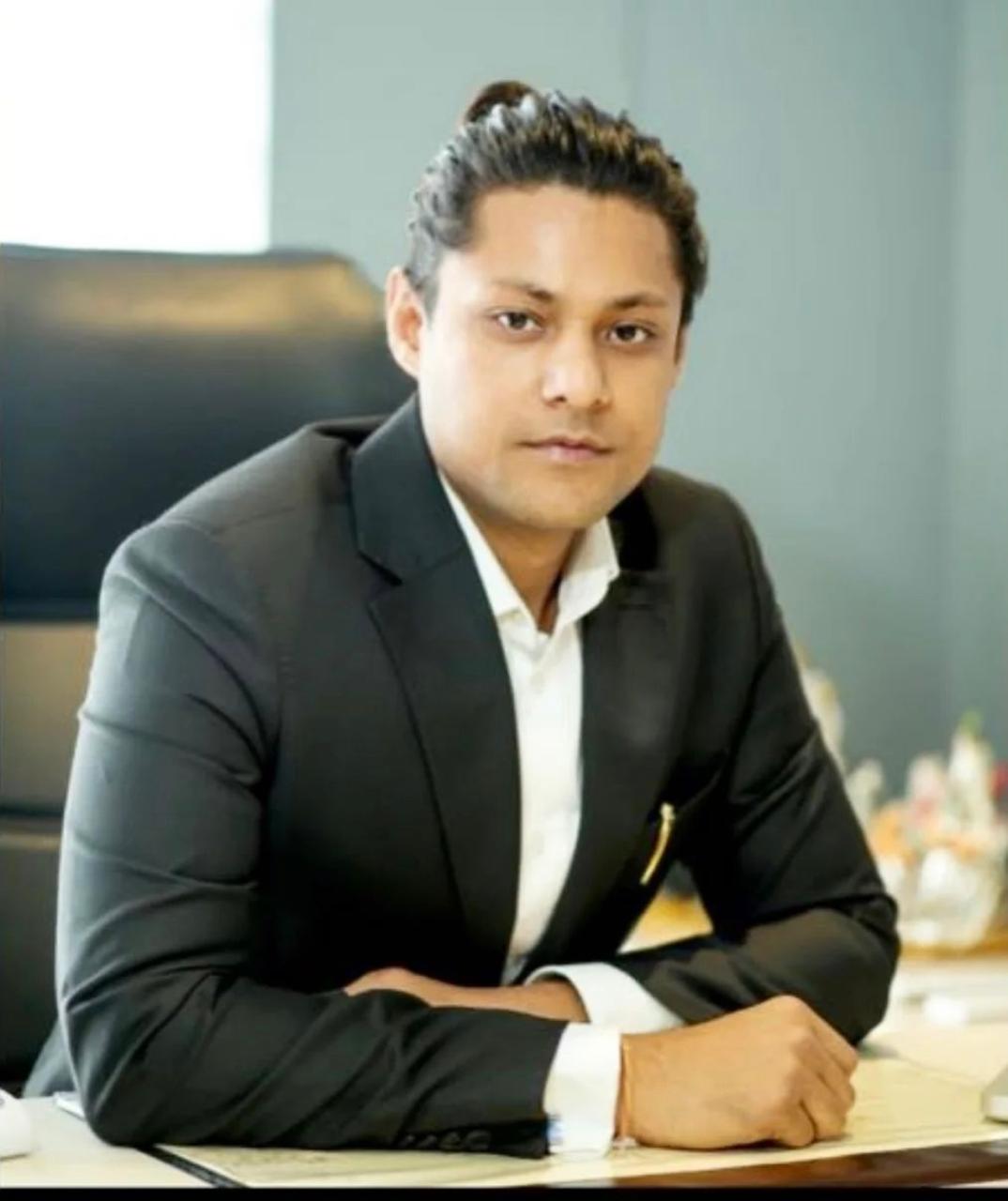NEW DELHI: The Supreme Court has taken suo motu cognisance of summoning of advocates by the investigating agencies during the probe into criminal cases and decided to lay down norms for them.
In a significant development, a bench of Chief Justice of India B R Gavai and comprising Justices K Vinod Chandran and N V Anjaria is scheduled to take up the matter on July 14 when the Supreme Court is set to reopen after the summer vacations.
The case was entitled as summoning advocates who give legal opinions or represent parties during the investigation of cases and related issues.
On a plea by Gujarat-based lawyer on June 25, the Supreme Court's bench of Justices K V Viswanathan and N Kotiswar Singh had said permitting either the police or probe agencies to directly summon lawyers for advising clients would undermine the autonomy of the legal profession.
The court emphasised that the legal profession was an integral component of the process of administration of justice.
"Permitting the investigating agencies/police to directly summon defence counsel or advocates who advise parties in a given case would seriously undermine the autonomy of the legal profession and would even constitute a direct threat to the independence of the administration of justice," the court had then said.
In June, this year, the Enforcement Directorate has issued summons against senior advocates Arvind Datar and Pratap Venugopal under Section 50 of the Prevention of Money Laundering Act, 2002 in its investigation into the Employee Stock Option Plan (ESOP) granted by M/s Care Health Insurance Ltd for a purported legal opinion rendered by them supporting the grant of Stock Options to former Religare Enterprises Chairperson, Rashmi Saluja.
However, the summons were subsequently withdrawn after the Bar bodies criticised the decision, by terming it a move fraught with serious ramifications for the independence of the legal profession and the foundational principle of lawyer-client confidentiality.
SC Advocate on Record Association president Vipin Nair on June 20 urged Chief Justice of India B R Gavai to take a suo motu cognisance of those summons, by terming it as a deeply disquieting development.
He asked the CJI to examine the legality and propriety of such summons issued to legal professionals for opinions rendered in good faith, safeguard the constitutional and professional protections afforded to advocates and lay down appropriate guidelines to prevent any further erosion of lawyer-client privilege and uphold the independence of the Bar.
"These actions, by the ED, we believe, amount to an impermissible transgression of the sacrosanct lawyer-client privilege, and pose a serious threat to the autonomy and fearless functioning of advocates. Such unwarranted and coercive measures against senior members of the Bar for discharge of professional duties set a dangerous precedent, potentially resulting in a chilling effect across the legal community," he said.
Nair emphasised the role of an advocate, in offering legal advice is both privileged and protected. Interference by investigative agencies into this relationship, without just cause and contrary to established legal norms, strikes at the heart of the rule of law and could dissuade advocates from rendering honest, independent opinions in the discharge of their duties.
Lawyers also said these summons were against Section 132 of the Bhartiya Sakshya Adhiniyam, 2023.















